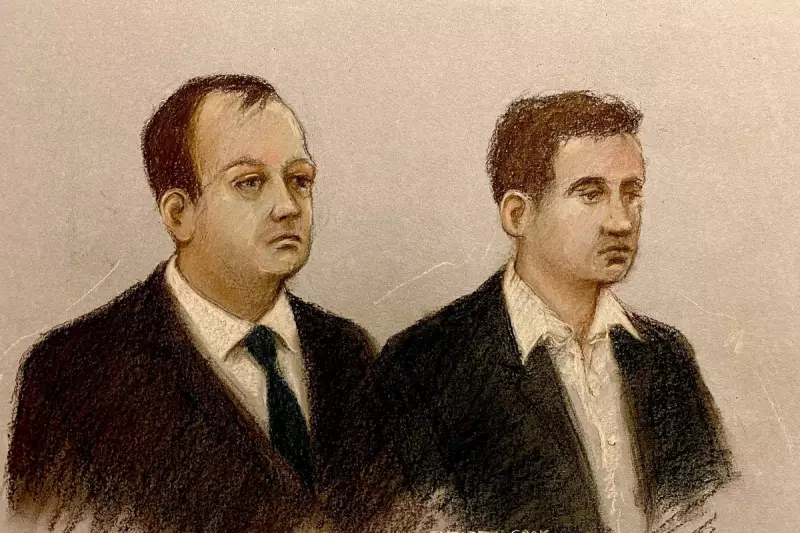
Fresh questions are being raised about Labour leader Sir Keir Starmer's handling of a sensitive Chinese espionage case during his time as Britain's top prosecutor, The Independent can reveal.
The controversy centres on Starmer's role as Director of Public Prosecutions when the Crown Prosecution Service decided not to pursue charges against three individuals suspected of spying for China in 2010. This decision has resurfaced as a potential political vulnerability for the opposition leader.
The Case That Haunts Westminster
According to newly examined documents, the CPS under Starmer's leadership concluded there was "insufficient evidence" to proceed with prosecution against the trio accused of gathering intelligence on Chinese dissidents living in the UK. The suspects were reportedly linked to Beijing's security apparatus.
Legal sources indicate the case involved sensitive diplomatic considerations and complex evidence gathering across international jurisdictions. However, critics argue the decision represented a missed opportunity to confront Chinese espionage activities on British soil.
Political Fallout Intensifies
The timing of these revelations could prove particularly awkward for Starmer, who has positioned himself as a champion of national security and transparency. With general elections looming, Conservative strategists are likely to seize upon this episode to question the Labour leader's judgement on security matters.
Whitehall insiders suggest the case reflects the broader challenges Western nations face in balancing diplomatic relations with China against necessary security protections. The UK government has increasingly taken a tougher stance on Chinese espionage in recent years.
Unanswered Questions Remain
Key details about the CPS's decision-making process remain shrouded in official secrecy. Legal experts debate whether the evidential threshold for prosecution was genuinely unmet or if political considerations influenced the outcome.
As Starmer campaigns to become Britain's next prime minister, this episode from his legal career threatens to become a persistent narrative about his approach to national security and Britain's relationship with China.





